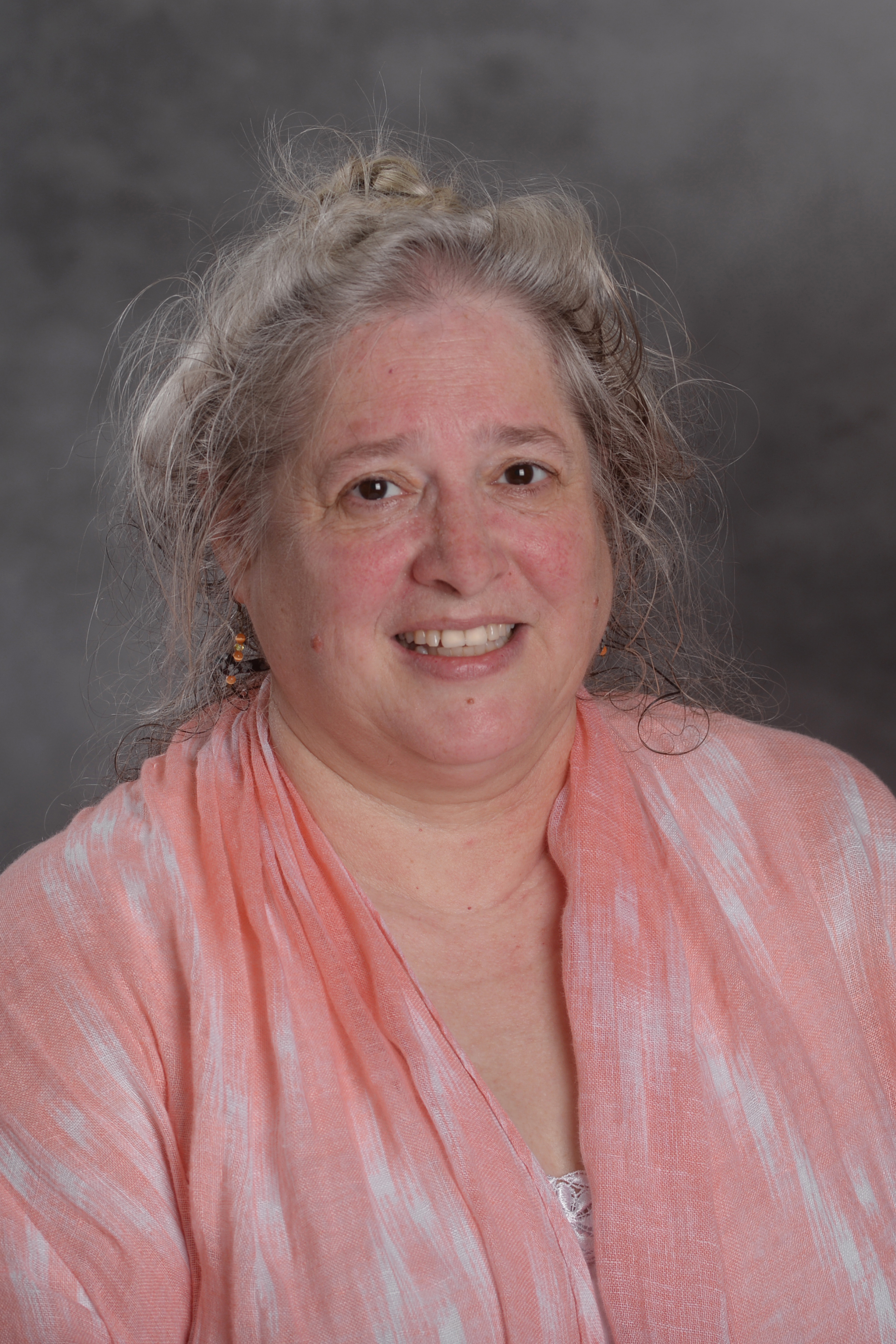APSCUF is collecting stories from retrenched faculty members to spread awareness about the effect of such cuts and to put human faces on the numbers. Thank you to those members who have shared their experiences. (Click here to read previous testimonies.) Members: To participate in this project, email Kathryn Morton, APSCUF communications director, at .
To learn more about retrenchment, click here.
* * *
 Retrenchment. What does it mean to a university or the impacted individuals? At my university, there are some in the management area who seem to think it has limited to no impact on individuals. In reality, it can affect not only income and healthcare, force retirement decisions and lead to loss of aspects of one’s identity. It is the change from working person to nonworking or work-seeking individual or transitioning to retirement.
Retrenchment. What does it mean to a university or the impacted individuals? At my university, there are some in the management area who seem to think it has limited to no impact on individuals. In reality, it can affect not only income and healthcare, force retirement decisions and lead to loss of aspects of one’s identity. It is the change from working person to nonworking or work-seeking individual or transitioning to retirement.
For my university, it means so much more. Cheyney already has by far the smallest faculty among the 14 State System universities, and, with the retrenchment of the last two library faculty members, no future student will have on-campus, physical assistance with information-seeking and research needs. The door of the Leslie Pinckney Hill Library building has been locked since Jan 25, 2020, and now there are no library faculty members to reply to any requests from students, faculty or staff.
Since 1853, the former Institute for Colored Youth had either a reading room or library. The Quaker Board and the early leaders of the educational institution understood the value of a library. Libraries open the doors to new ideas, new thoughts, new information needs as well as to learning how any given discipline grows and evolves its theories and guiding principles. Change is ever present and constant in all aspects of human endeavor; the library provides a means to locate vetted information and to fact check what is reported by various outlets.
For myself, it is sad to observe that the university I joined 23.5 years ago seems worse off than it did when I arrived: fewer faculty, fewer majors, fewer students and no sports or student newspaper or broadcast station.
Throughout the state, there may be those who believe it is good to have fewer faculty, that working-class students, marginalized students or all of the students who choose System universities do not need the full resources of a library or the full extracurricular programs that add to the college experience.
For me, as I have told others, retrenchment is an indication of managers not being able to manage well, to plan well, to live up to the college experience purported to be present at an educational institution or to recruit with integrity. So I hope that all of us who are being retrenched and have been retrenched will understand any ensuing damage comes from managerial decisions. This and any retrenchment is more a result of lack of interest in and poor stewardship by those selected to manage the universities of Pennsylvania’s State System of Higher Education.
—Dr. B.J. Mullaney,
Cheyney University APSCUF chapter president
APSCUF file photo